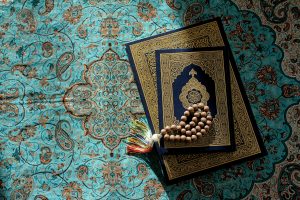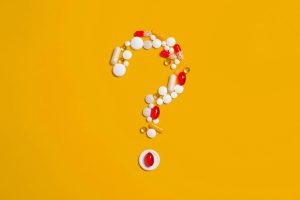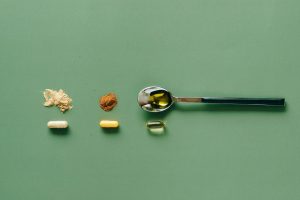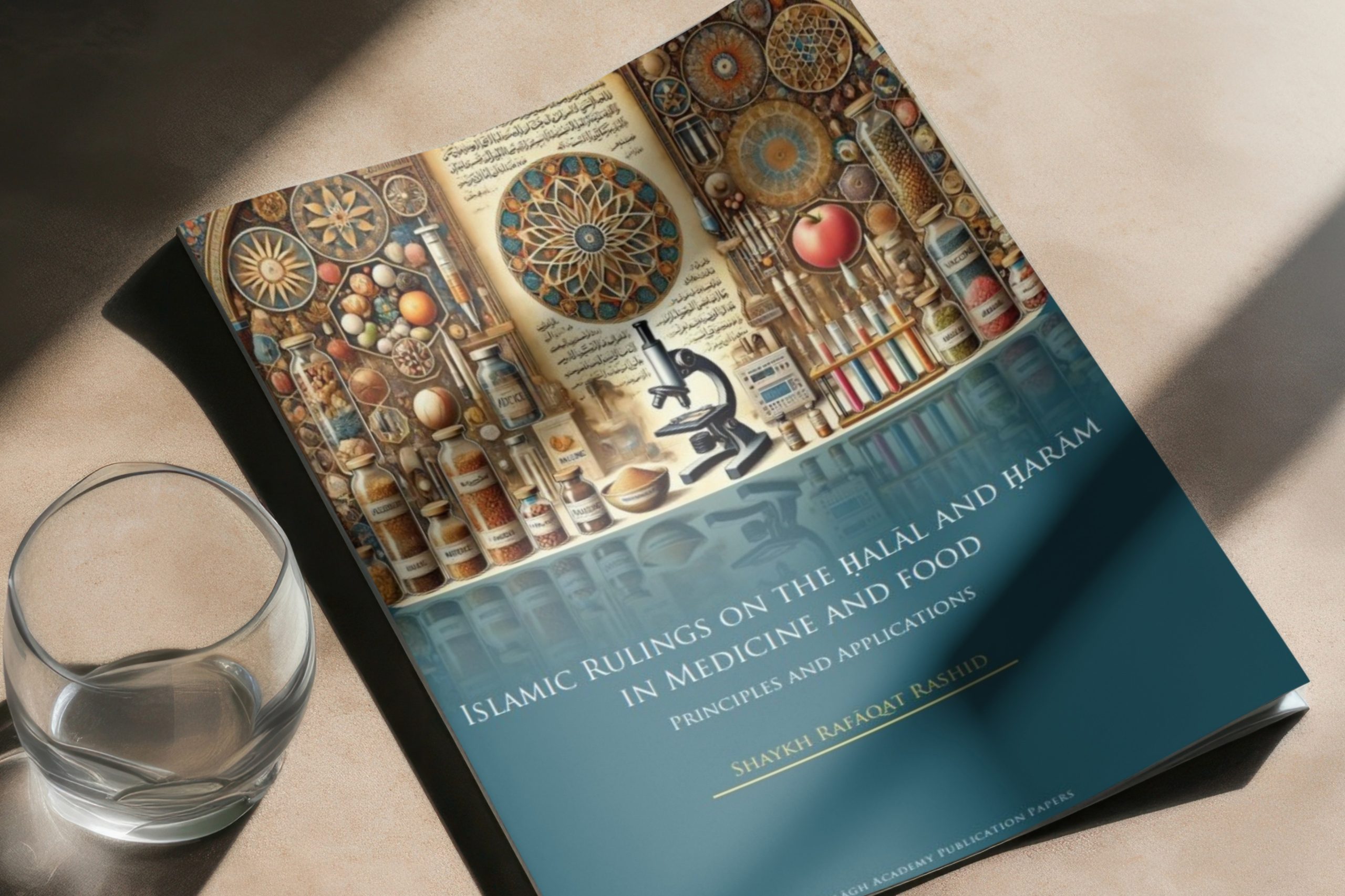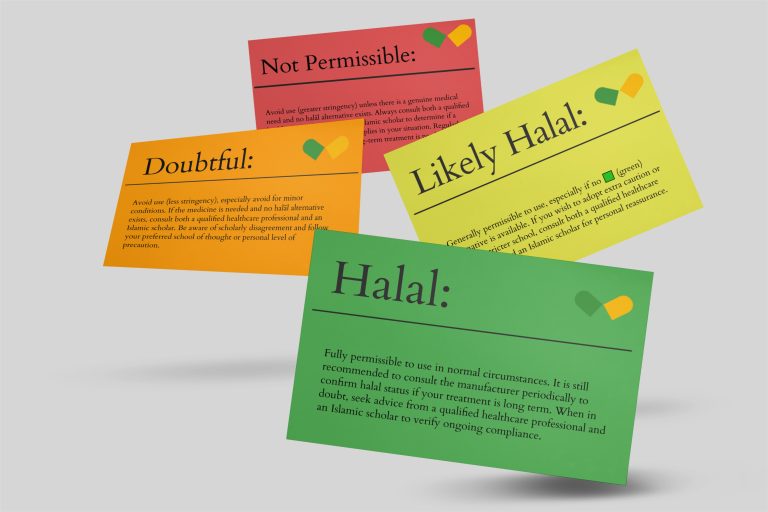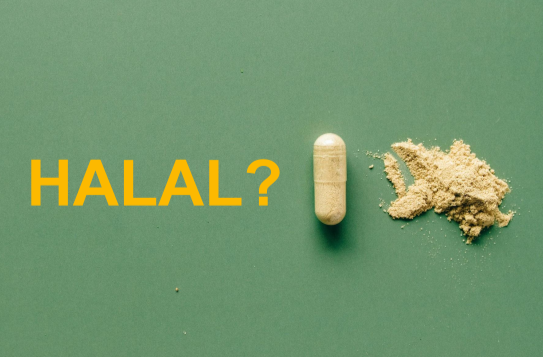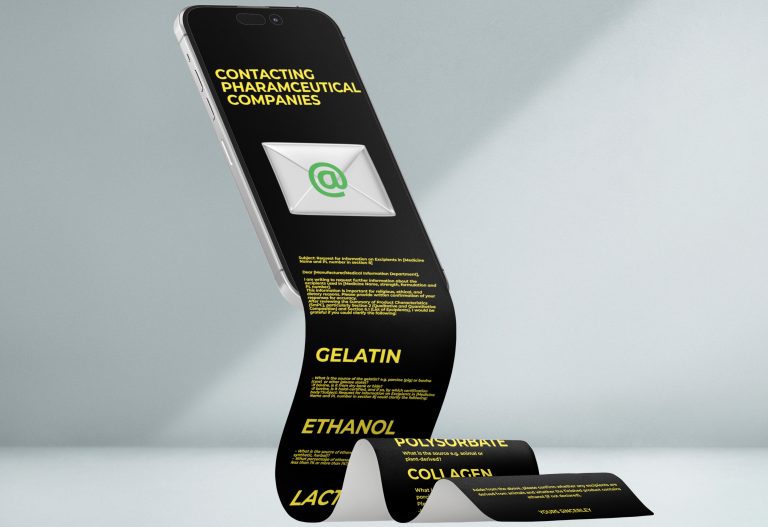Shellac in medicines
This resource explains the use of shellac in medicines and outlines the Islamic rulings on its permissibility.
What is shellac and how is it used in medicines?
Shellac is a natural resin. It is derived from the secretions of the female lac insect. It is used in medicines as a protective coating for tablets and capsules that are sensitive to moisture, light, or air.1
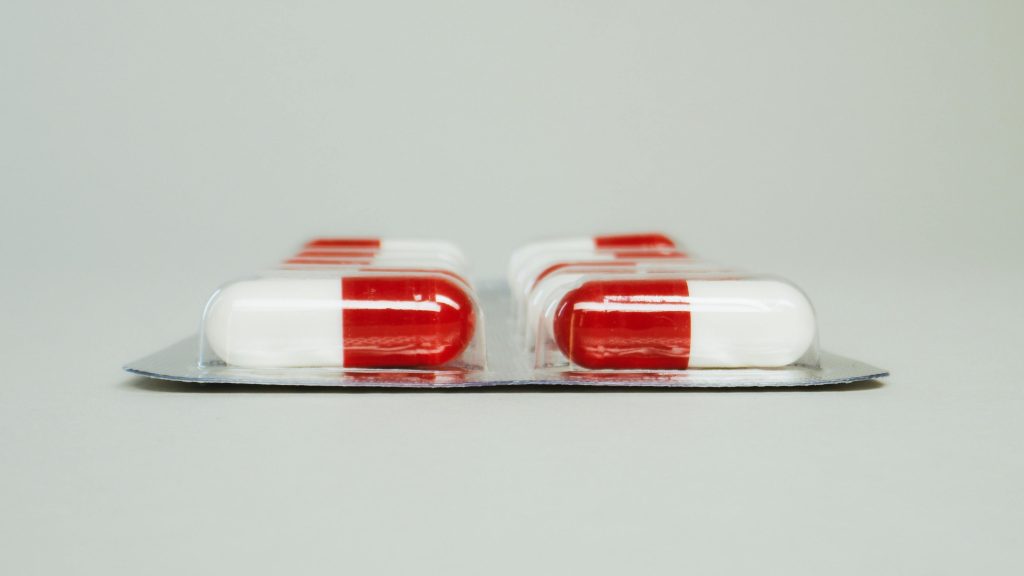
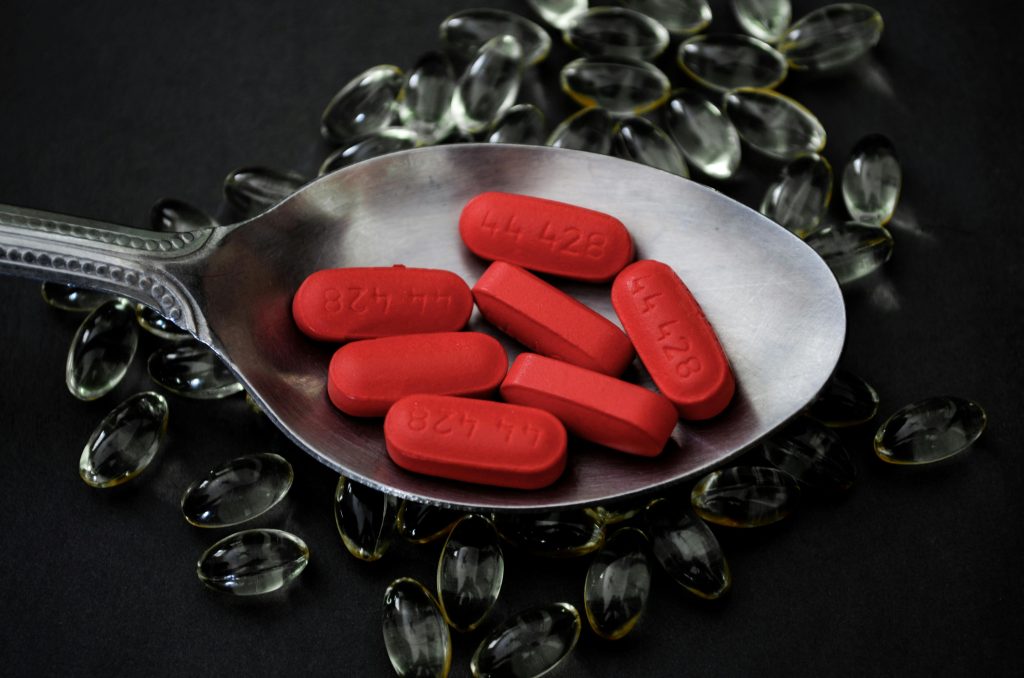
🕌 Islamic ruling on shellac
| Source | Ruling (Hanafi,Maliki, Shafiʿi and Hanbali) |
|---|---|
| Shellac (source: secretion of the lac insect) | ✅ Halal |
According to the four Sunni schools of thought (Hanafi,Maliki, Shafiʿi and Hanbali), shellac is considered halal because it is a secretion making it legally pure (tahir), by analogy with beeswax, honey and silk.2
For a more detailed explanation regarding the reasons behind these rulings, click the button below.
⚠️ Important information for patients
- Always take or use your medicine(s) exactly as directed or prescribed by your healthcare professional (HCP), such as your doctor or pharmacist
- Do not stop, delay, change or alter the way you take or use your medicine(s) without first discussing it with the HCP who prescribed or supplied it to you
- Always consult your HCP if you have any questions or before making any decisions about your treatment
- For Islamic guidance, seek advice from your local Imam or a trusted Islamic scholar – ideally someone with relevant knowledge and expertise in the fiqh (Islamic rulings) of medicines
- Use the information gathered to make an informed decision together with your HCP and, if needed, your local Imam or trusted Islamic scholar.
FAQs
Disclaimer
- This resource is for educational purposes only. It does not constitute clinical, medical, or professional healthcare advice and should not replace individual clinical judgement or qualified religious guidance
- Always consult your doctor, pharmacist, or other healthcare professional regarding your own medical conditions or for advice on treatment options
- Healthcare professionals remain fully responsible and accountable for decisions made within their own scope of practice

